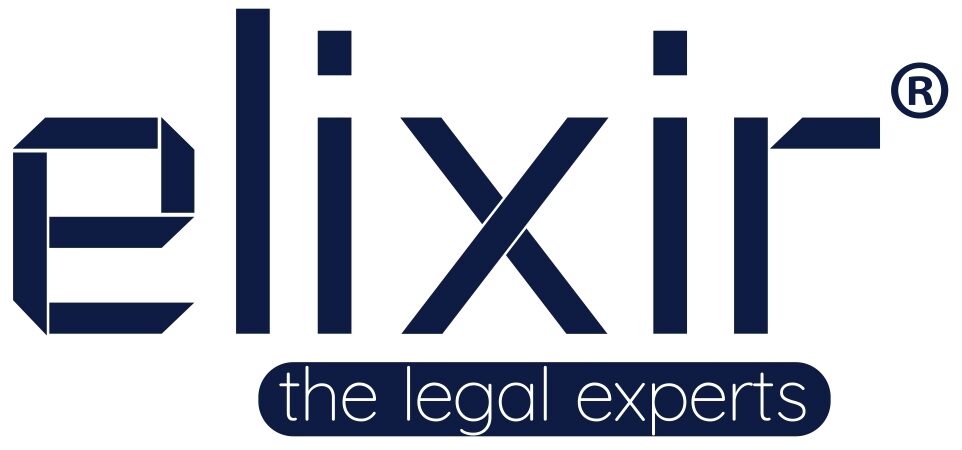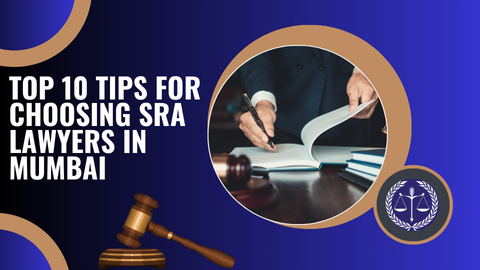10 Key Considerations for Choosing SRA Lawyers in Mumbai
Choosing the right SRA lawyers in Mumbai is crucial for navigating legal challenges effectively, whether you’re dealing with real estate transactions or property disputes. Here are ten essential factors to consider when selecting the best legal representation for your needs.
1. Specialization and Expertise
When seeking SRA lawyers in Mumbai, prioritise those specialising in your area of concern. For real estate issues, look for lawyers with a strong background in property law to ensure they have the expertise needed to handle your case effectively.
2. Proven Track Record
A lawyer’s history of successful case outcomes strongly indicates their competence. Investigate the track record of potential SRA lawyers in Mumbai to ensure they have a proven history of achieving favourable results in cases similar to yours.
3. Experience with Property Disputes
For cases involving property disputes, experience is critical. Property dispute lawyers in Mumbai who have handled numerous similar cases are better equipped to navigate the complexities of property laws and offer practical solutions.
4. Client Feedback and Referrals
Client testimonials and referrals offer valuable insights into a lawyer’s performance. Positive feedback from previous clients can help you gauge the quality of service and reliability of the SRA lawyers in Mumbai you are considering.
5. Knowledge of Local Laws
Local legal knowledge is crucial for adequate representation. Choose SRA lawyers in Mumbai who are well-versed in regional property laws and regulations to ensure they can handle your case with a comprehensive understanding of the local legal landscape.
6. Effective Communication
Clear and open communication is essential for a successful legal relationship. Ensure that the SRA lawyers in Mumbai you choose can explain complex legal matters clearly and are responsive to your questions and concerns.
7. Transparent Fees and Billing
Understanding the lawyer’s fees and billing structure upfront is essential to avoid unexpected costs. Look for SRA lawyers in Mumbai who offer transparent billing practices and are clear about their fee structures.
8. Accessibility and Availability
Your lawyer should be accessible and available when needed. Evaluate the availability of the SRA lawyers in Mumbai you’re considering to ensure they can provide timely updates and are responsive to your needs.
9. Trust and Compatibility
A solid lawyer-client relationship is built on trust and compatibility. Choose SRA lawyers in Mumbai with whom you feel comfortable and confident. Ensuring an excellent personal fit will help facilitate effective collaboration and communication.
10. Initial Consultation
Take advantage of initial consultations to assess whether a lawyer is the right fit for your case. Many SRA lawyers in Mumbai offer free or low-cost consultations, allowing them to evaluate their approach and expertise.
Conclusion
Selecting the right SRA lawyer can significantly impact the success of your legal matters. By carefully considering factors such as specialisation, track record, and communication, you can find the most qualified legal representation for your needs. At Elixir Legal Services, we understand the importance of choosing the right legal partner and are committed to providing exceptional representation. Our team of expert lawyers in Mumbai is dedicated to offering tailored solutions and ensuring that your legal issues are handled with the utmost care and expertise. Contact Elixir Legal Services today to discover how we can help you achieve your legal goals.





